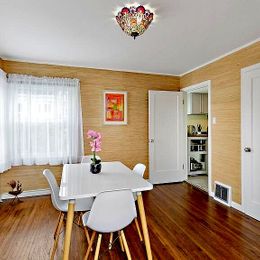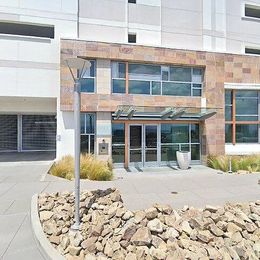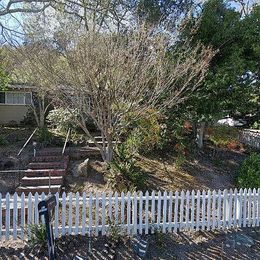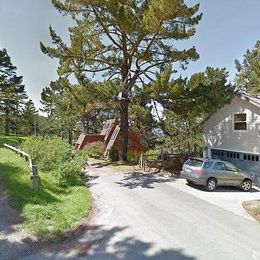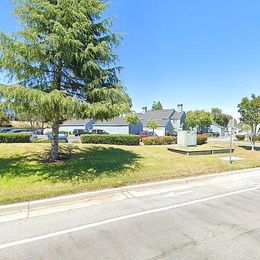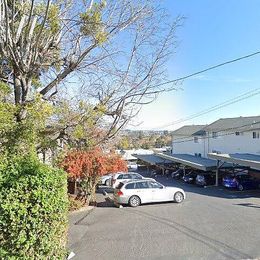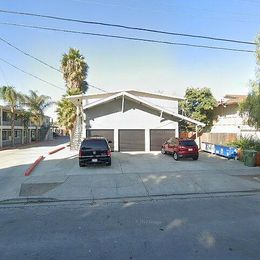FEATURED HOUSES
View New Listings
Find a Rent-to-Own Home with RentToOwn.Org
RentToOwn.org is your source for all things related to rent-to-own houses and rental homes. Whether looking for rent-to-own homes in your area or researching to understand the rent-to-own process and decide if a rent-to-own home is right for you , you'll find what you need at RentToOwn.org. In addition to our lease-to-own home options, we provide local data on foreclosures, auctions, and regular home sales and rentals so you can contact home owners or brokers and negotiate a price within your budget.
Renting a home before buying is an alternative and practical path to home ownership. In today's housing market the challenges of buying a home through traditional methods have increased drastically, especially with the rise of investment and short-term rental properties. The rent-to-own home process affords buyers with poor credit scores, or those who simply lack the large down-payments required to own a home, the opportunity to live in their home while improving credit scores, replenishing saving accounts, and building equity.
To find a lease-to-own home or other type of property, click or tap one of the popular states or cities at the bottom of the page or enter a city, state, or ZIP code into the search bar. We'll search through our records of active rent-to-own and rental homes near you and display a list of properties within that location. To view a specific property, click or tap on the property itself to view detailed information including images, community information, local amenities, and more.
RentToOwn.org is one of the nation's leading providers in rent-to-own housing data. We have up-to-date, accurate listings of similar sites and you can count on us to provide relevant, affordable rent-to-own home opportunities. Browse through our list of rent-to-own houses in your area or read more about renting to own in our learning library. If you register for a trial membership, you will gain access to even more data and features. Contact us with any questions, and we look forward to helping you find your dream home!




